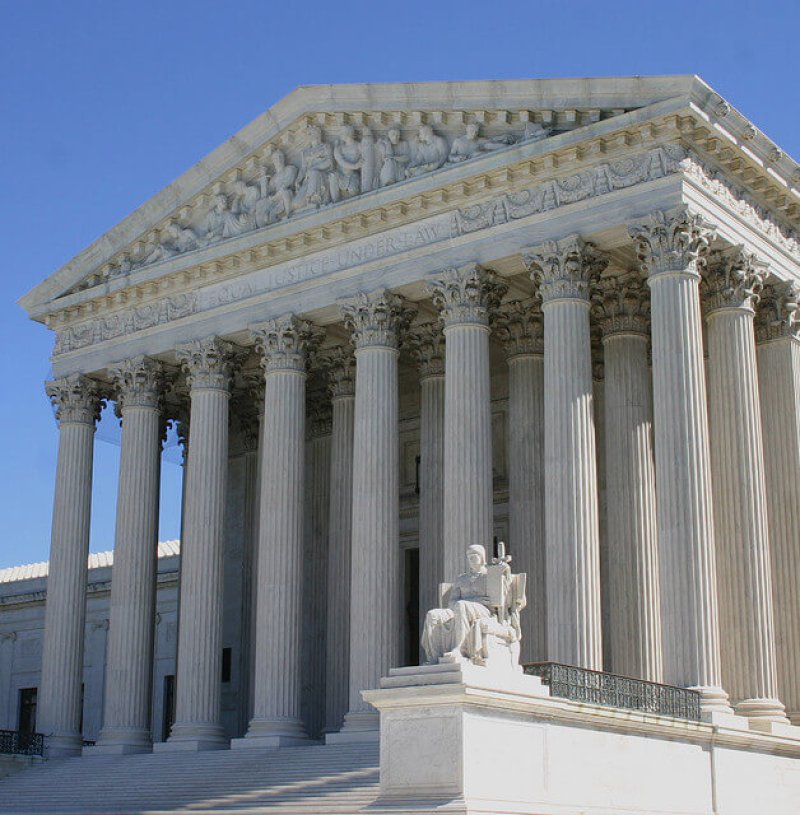The GLP aggregated and excerpted this blog/article to reflect the diversity of news, opinion and analysis.
Every decade or so, a fundamentally new genetic technology comes along that could change everything. Today, there’s CRISPR, which could trounce them all.
However, two scientists, Jennifer Doudna and Feng Zhang, are currently fighting over the rights to CRISPR. In November 2016, Doudna and Zhang may have to take the stand in court, each asserting under oath that she or he deserves the patent for what may well be the biological advancement of our age. The stakes are sky-high. Billions of dollars in revenue. Control over entire industries yet to be born. And, perhaps, the future of human evolution.
In addition, Doudna and Zhang hold very different views on the ethics of CRISPR. While Doudna badly wants to shape the way the public thinks about CRISPR, Zhang isn’t interested in ethical conversations about designer babies, which he says are a long way off. “The thing everybody should focus on is how we can push this technology forward, so we can actually treat a disease,” he says.
Read full, original post: How Feng Zhang’s/Jennifer Doudna’s Gene Editing Technique Will Change the World































